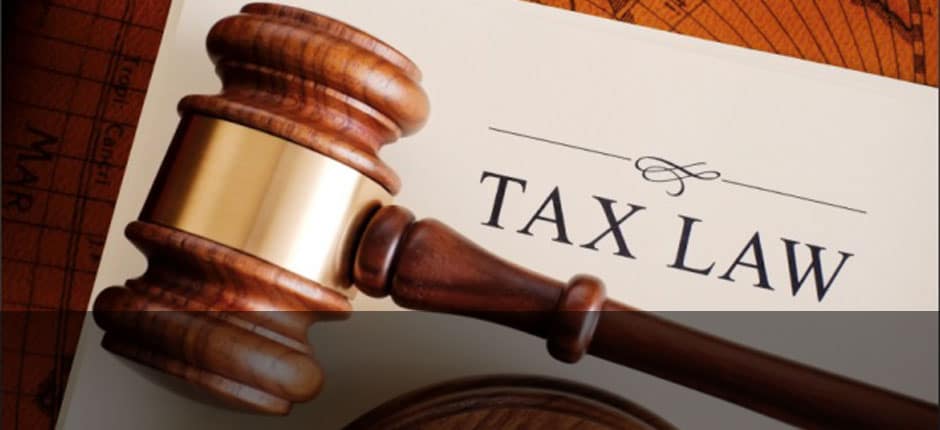Transactions between partners and partnerships can be exceedingly complex. As such, to ensure that there are not unanticipated tax consequences, such transactions have to be carefully vetted before they are undertaken.
In a recent appellate ruling in the Fourth Circuit, a limited liability company (LLC), treated as a partnership for federal and state income tax purposes, the Court upheld an earlier Tax Court decision ruling that a “transfer” of certain state tax credits in exchange for a member interest in the LLC did was not a contribution to capital, but instead constituted a “disguised sale” under the partnership rules.
The partnership, named Route 231, LLC, brought in a new member/partner, Virginia Conservation (VC). The new member/partner paid $3.816 million ($500 plus an additional sum equal to the product of $0.53 for each $1.00 of the tax credits allocated to it) in exchange for a 1% membership interest and the majority of the Virginia historic rehabilitation tax credits earned by Route 231. The LLC /partnership recorded the $3.816 million as a nontaxable capital contribution.
The Tax Court ruled earlier that the state credits were “property” in the hands of the LLC/partnership for purposes of the disguised sale rules. Thus, the exchange of the membership/partnership interest for tax credits was a disguised sale under those rules. As a result, the transaction was taxable rather than a nontaxable capital contribution followed by an allocation of the LLC’s assets to VC. Depending on the basis calculation associated with the state credits of Route 231 under this finding, the gain on such recharacterizations could be as high as the entire proceeds of $3.816 million. In any case, changing the transaction character from nontaxable to taxable is a resounding defeat for the taxpayer.
Finding this outcome untenable, Route 231 appealed this decision to the Fourth Circuit Court of Appeals. Upon appeal, that Court confirmed the Tax Court’s finding and reiterated that the transaction was a disguised sale and income must be recognized. Click here to read the entire decision.
Unintended tax consequences such as these can be easily avoided with more attentive planning. Should you wish to offer comments, or if you have questions, please feel free to contact Bob Grossman or Don Johnston at 412-338-9300.






